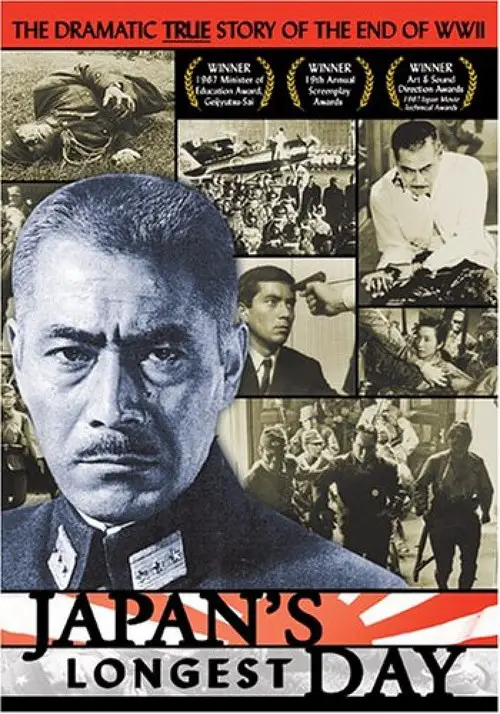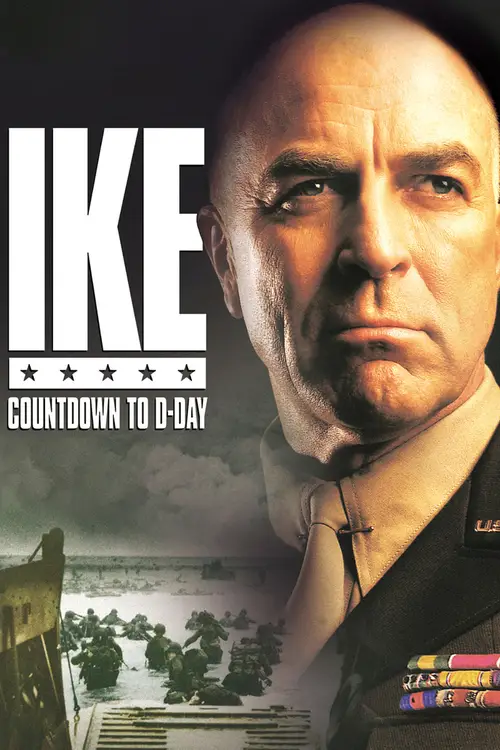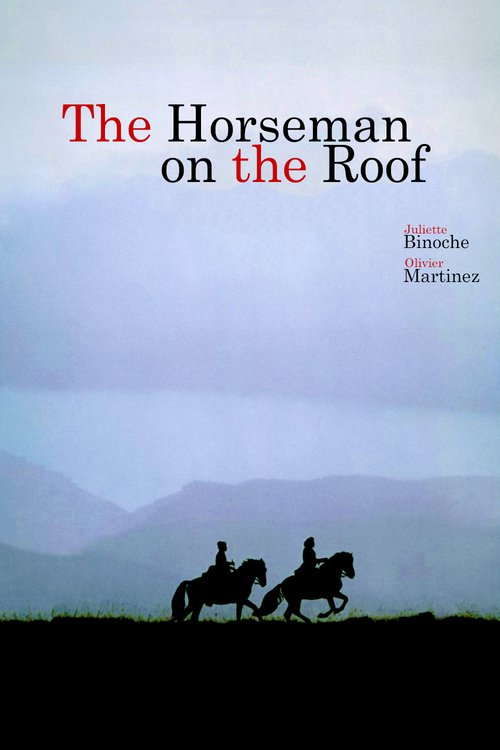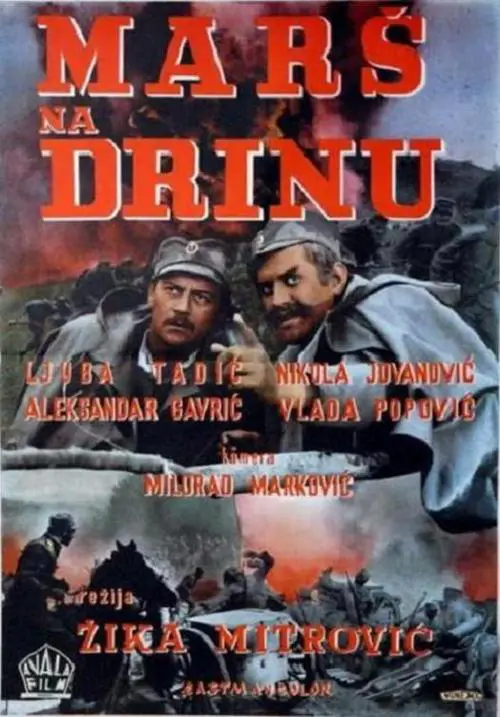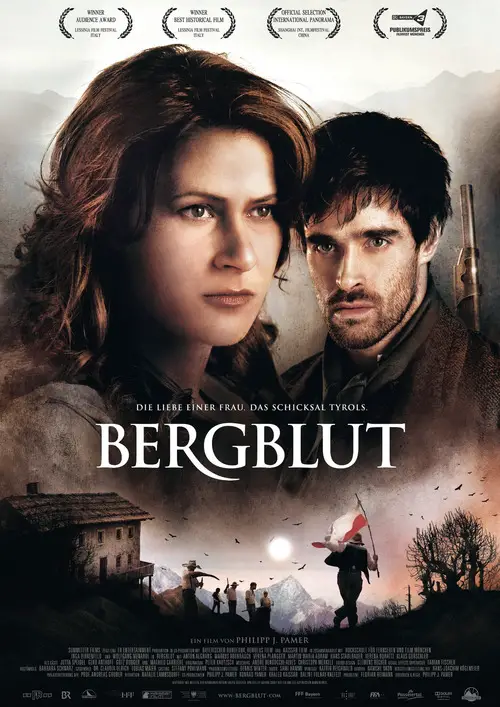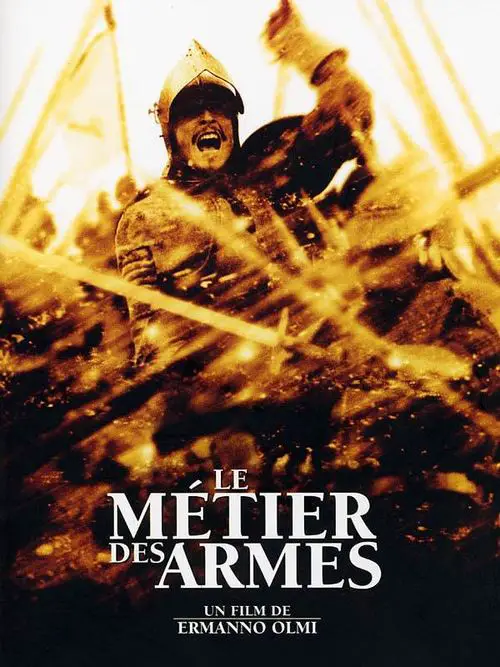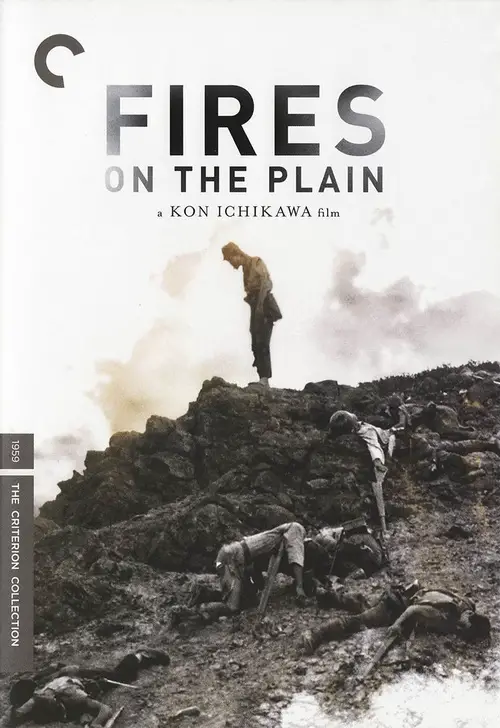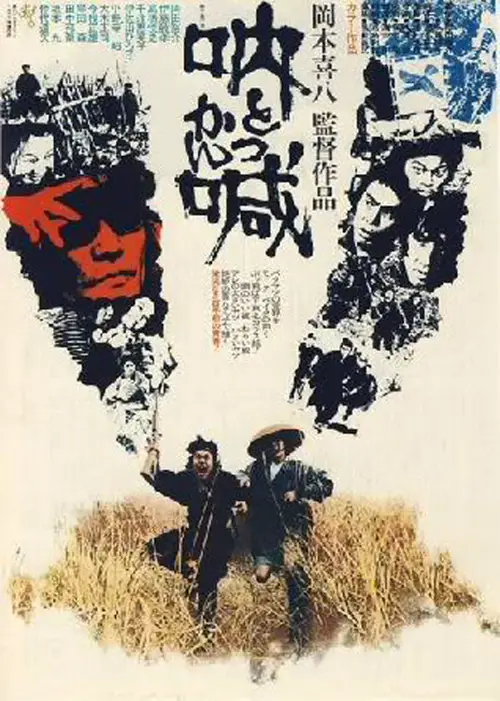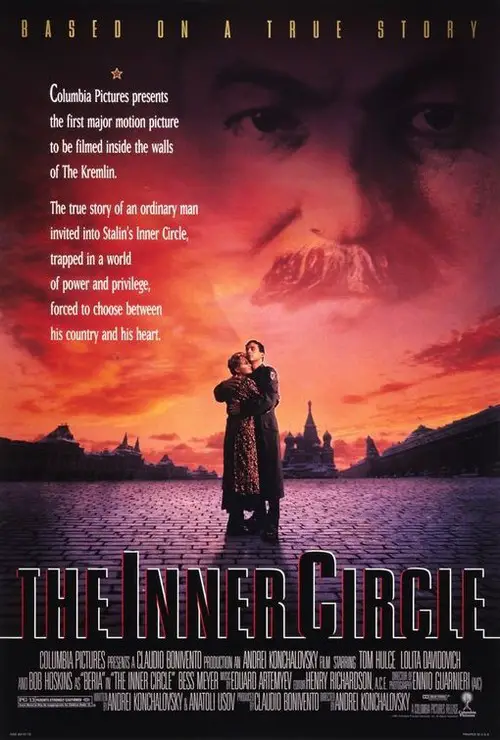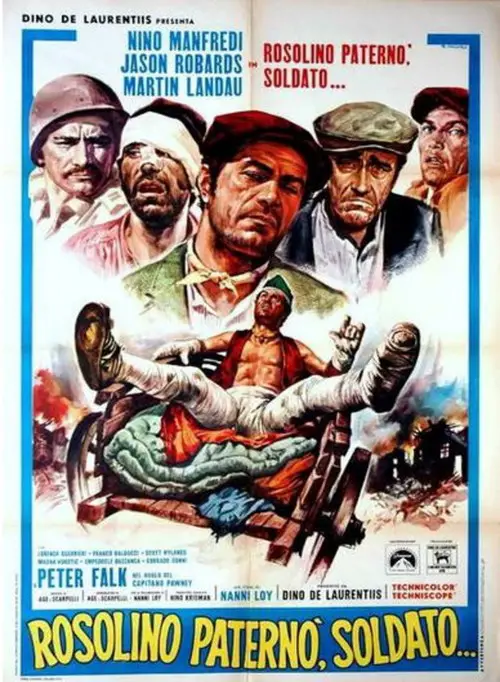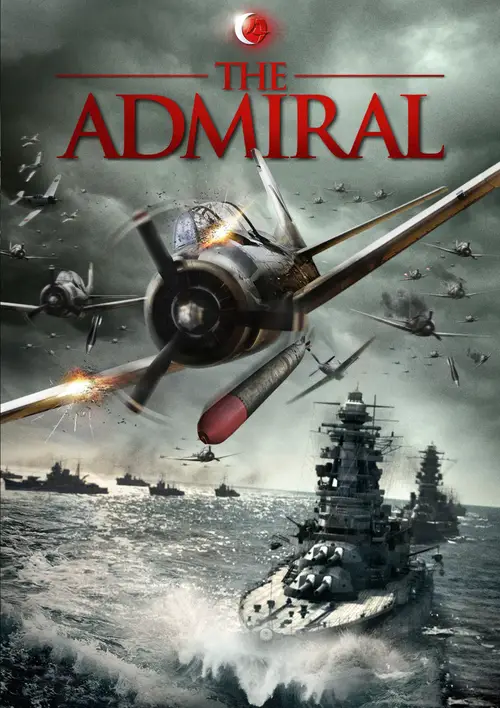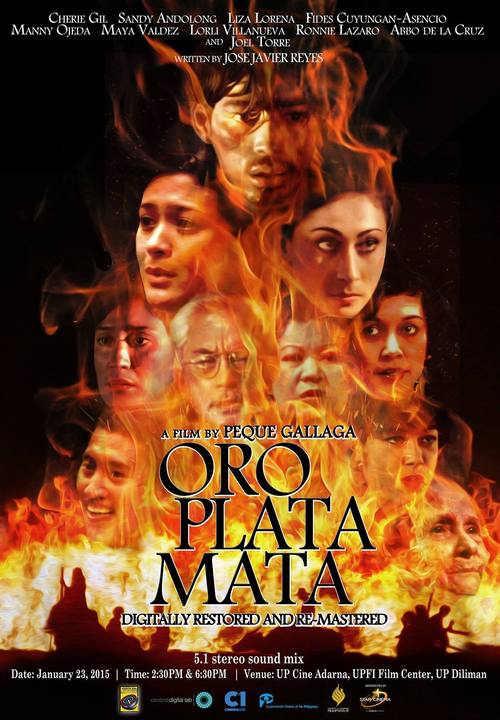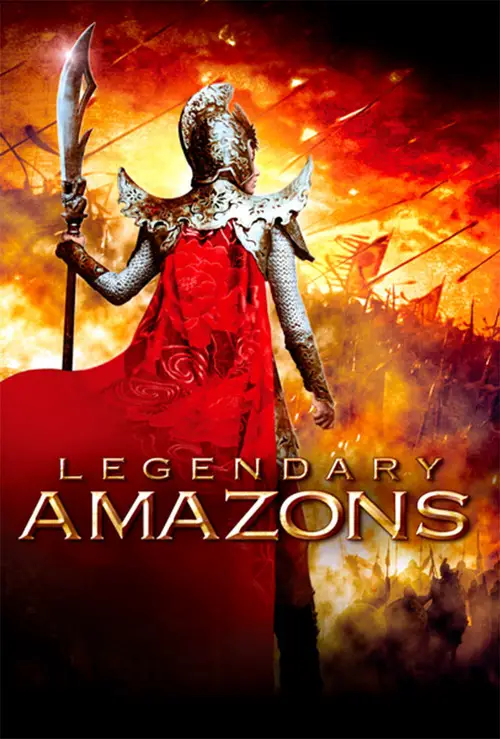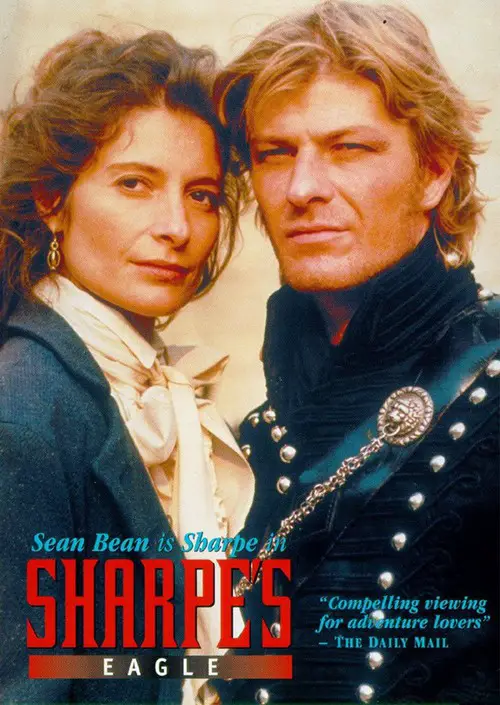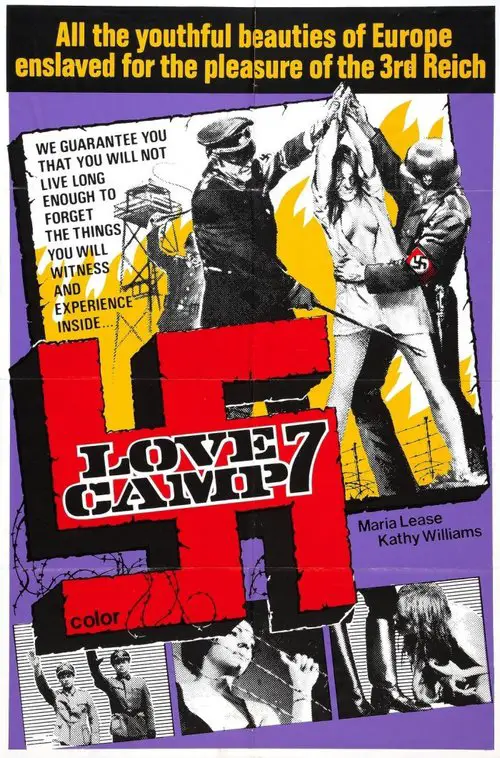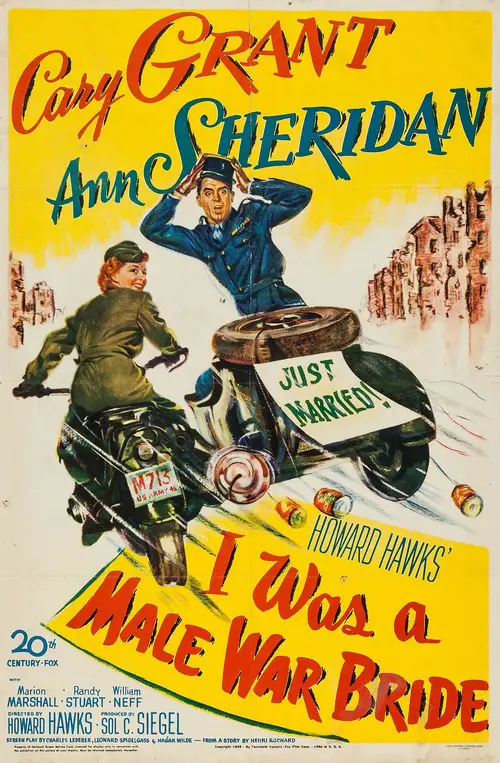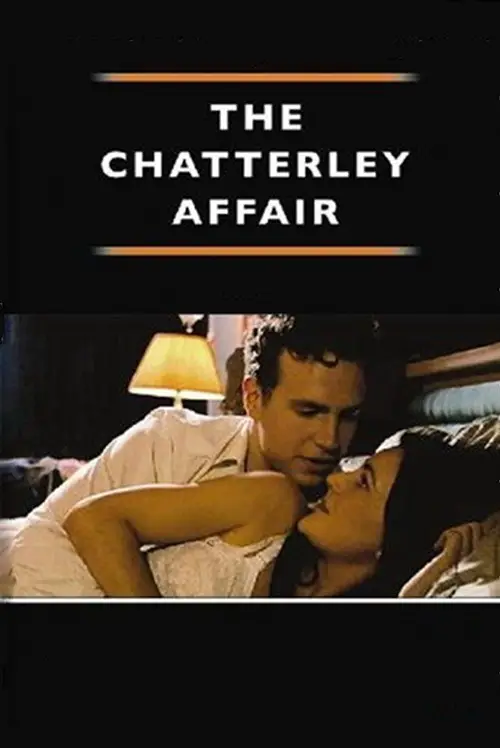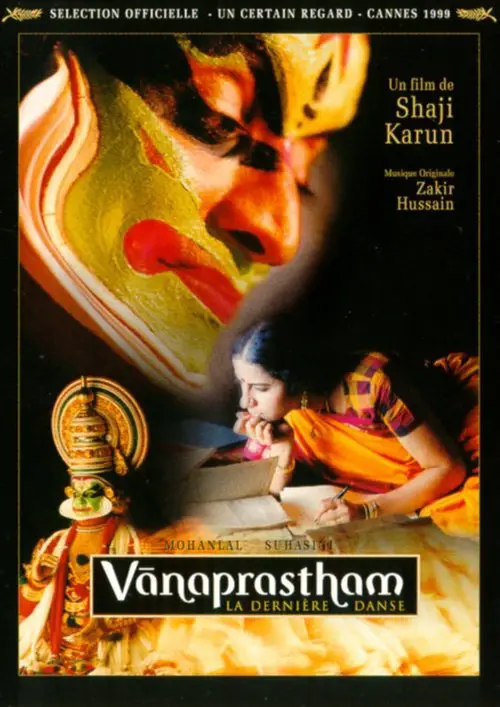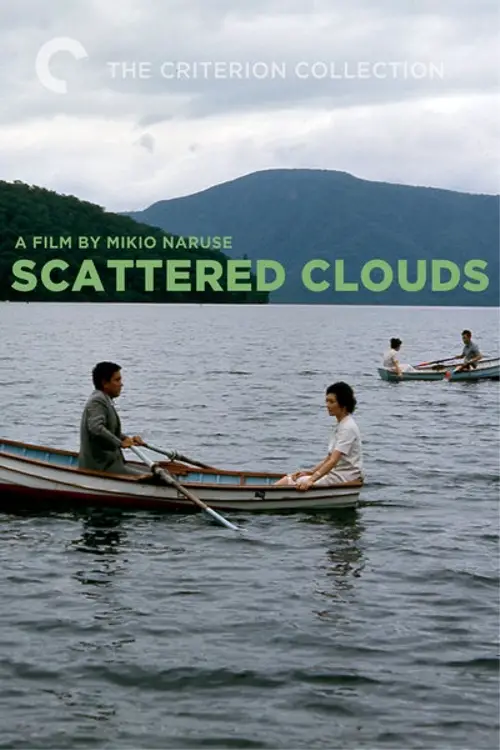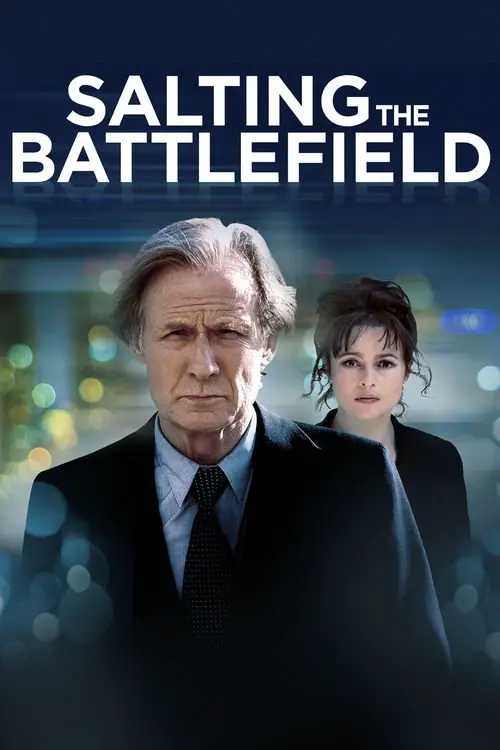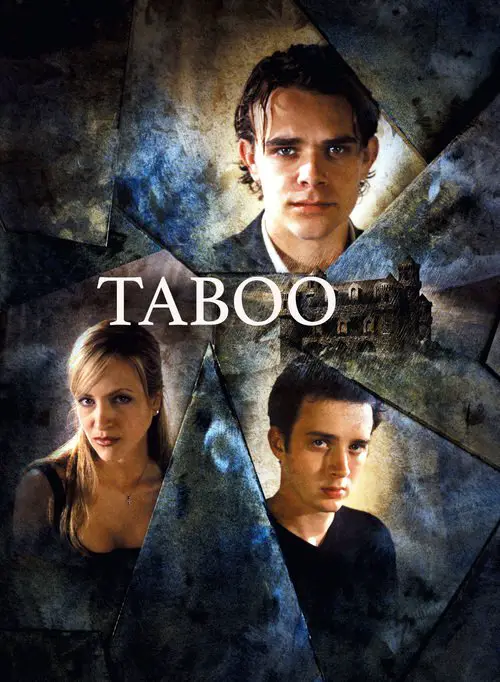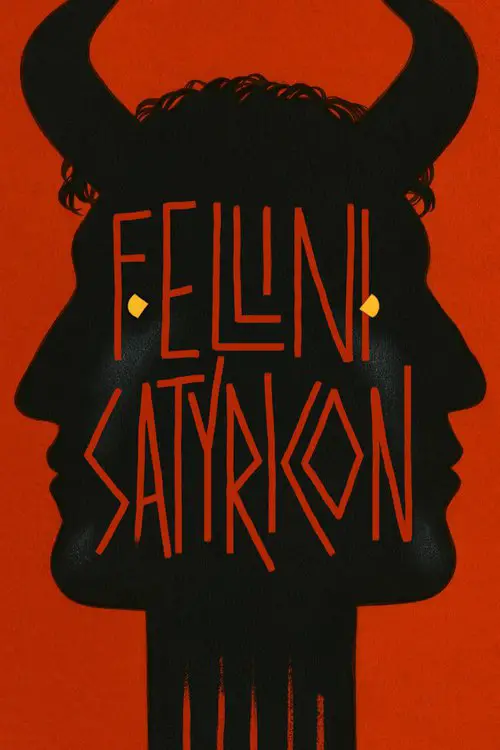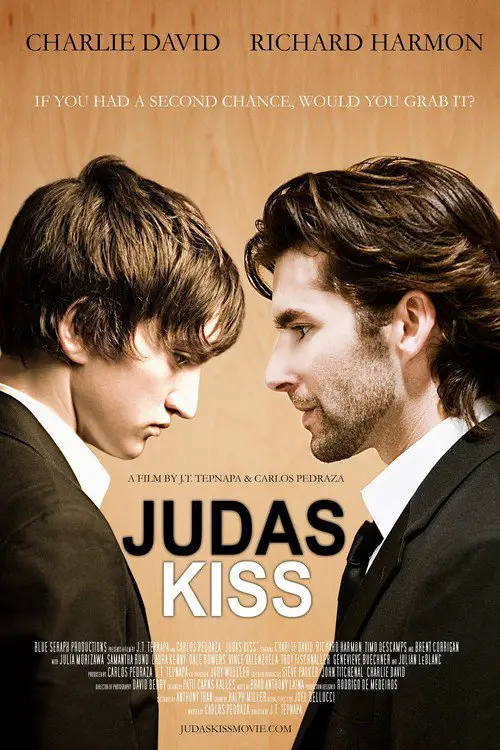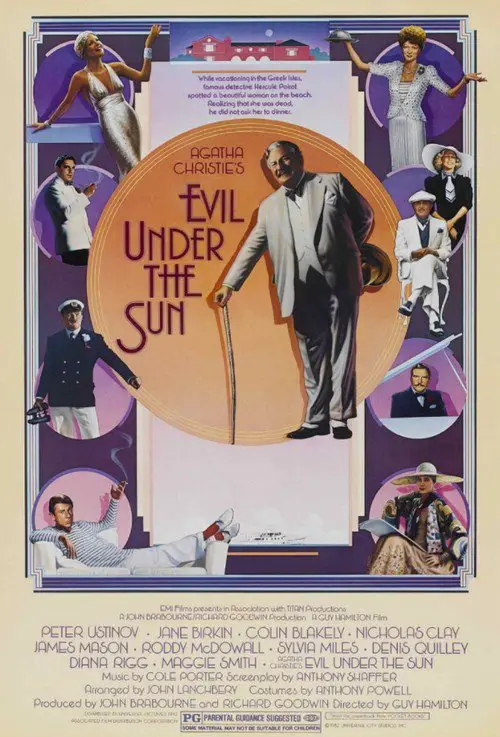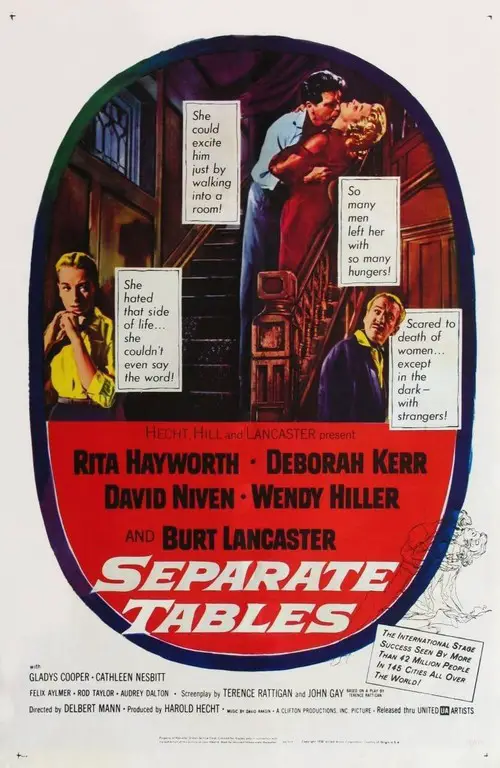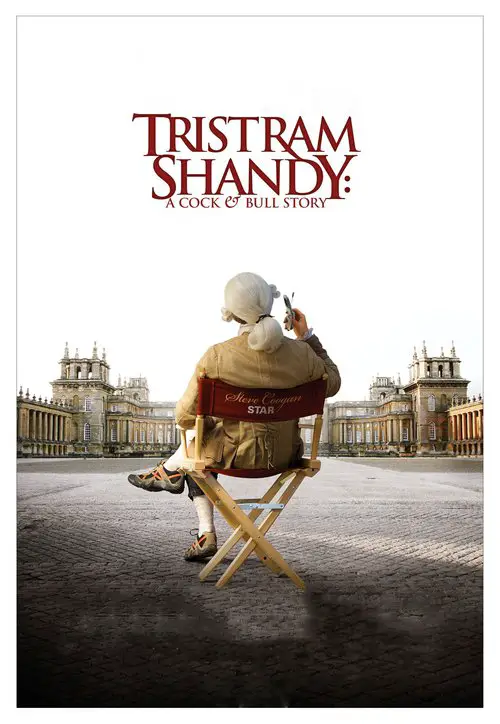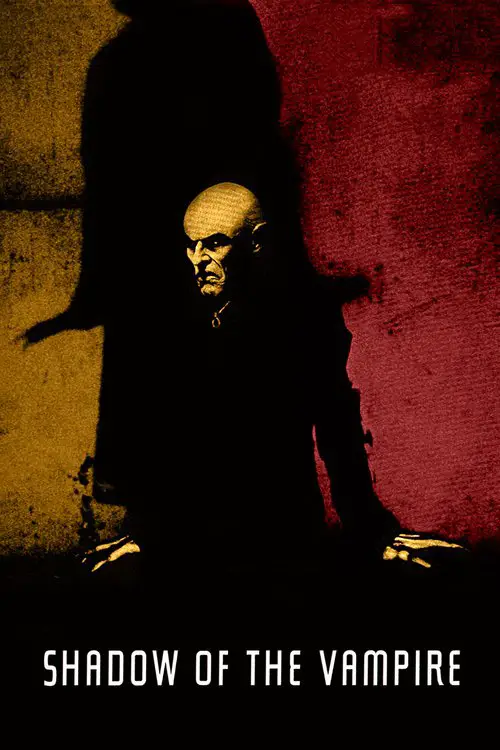Private Vices, Public Virtues (1976)
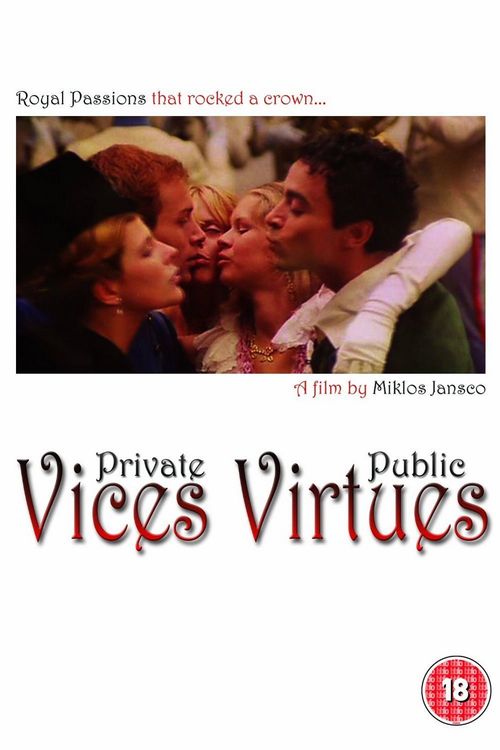
Similar movies
Following the detonation of the atomic bombs on Hiroshima and Nagasaki, the Japanese military and the government clash over the demand from the Allies for unconditional surrender. Minister of the Army Anami leads the military officers who propose to fight on, even to the death of every Japanese citizen. Emperor Hirohito, however, joins with his ministers in asking the unthinkable, the peaceful surrender of Japan. When the military plots a coup to overthrow the Emperor's civilian government, Anami must face the choice between his desires and loyalty to his Emperor.
This is the story of the senior-level preparations for the D-Day invasion on June 6, 1944 from the time of Dwight D. Eisenhower's appointment as the Supreme Allied Commander in Europe, to the establishment of the beachhead in Normandy. The film recounts many of the trials and tribulation Ike had to face, not the least of which were the many prima donnas surrounding him (Patton, Montgomery and especially de Gaulle) and the need for tact and diplomacy to bring all sides together for what would be the largest amphibious assault ever attempted.
The movie describes the life of Adolf Hitler from childhood to manhood, and his rise to power. From his poor childhood in Austria, the first world war from his point of view, we see how Hitler was transformed from a poor soldier into the leader of the Nazis, and how he survived all attempts to kill him. We learn of his relationship with his mistress Eva Braun, his decisions and of his enemies inside the Nazi party.
City of Life and Death takes place in 1937, during the height of the Second Sino-Japanese War. The Imperial Japanese Army has just captured the then-capital of the Republic of China, Nanjing. What followed was known as the Nanking Massacre, or the Rape of Nanking, a period of several weeks wherein tens of thousands of Chinese soldiers and civilians were killed.
One Serbian army battery in the First World War, in forced march with no stopping and rest, arrives to Cer and, in decisive moment, enters the fight and throws off Austrian troops which penetrated into the country. This is not only the chronicle of Cer battle, but Serbian drama and drama of one nation who made impossible possible during the fight against the empire which wanted to take away their country. This drama is based on credible events and authentic documents.
Set in the 1800s when Napoleonâs French ruled Europe, the film follows young Austrian carpenter Franz and his Bavarian wife, Katharina as an unforeseen event forces them to flee from Augsburg, Bavaria for Franzâs family home in Tyrol, Austria. Tyrolian sentiment is rising strongly against Napoleon and trouble is stirring. In no time it sweeps up Franz and his brothers along with the whole town.
In autumn of 1526, the Emperor, Charles V, sends his German landsknechts led by Georg von Frundsberg to march towards Rome. The inferior papal armies, commanded by Giovanni de'Medici, try to chase them in the midst of a harsh winter. Nevertheless, the Imperial armies manage to cross the rivers along their march and get cannons thanks to the maneuvers of its Lords. In a skirmish, Giovanni de'Medici is wounded in the leg by a falconet shot. The attempts to cure him fail and he dies. The Imperial armies assault Rome. The film is beautifully but unassumingly set, and shows the hard conditions in which war is waged and its lack of glory. It ends straightforwardly with the declaration made after the death of Giovanni de'Medici by the commanders of the armies in Europe of not using again fire weapons because of their cruelty.
An agonizing portrait of desperate Japanese soldiers stranded in a strange land during World War II, Kon Ichikawaâs Fires on the Plain is a compelling descent into psychological and physical oblivion. Denied hospital treatment for tuberculosis and cast off into the unknown, Private Tamura treks across an unfamiliar Philippine landscape, encountering an increasingly debased cross section of Imperial Army soldiers, who eventually give in to the most terrifying craving of all. Grisly yet poetic, Fires on the Plain is one of the most powerful works from one of Japanese cinemaâs most versatile filmmakers.
During the military phase of the Meiji Restoration of 1868, Sentaro joins a local militia loyal to the Tokugawa Shogunate in order to fight Imperial troops. But Sentaro's friendship with a pickpocket, who switches sides whenever it suits his needs, leads to complications that could cost Sentaro his life as they infiltrate enemy lines.
In July 1945, during the end of World War II, Japan is forced to accept the Potsdam Declaration. A cabinet meeting has continued through days and nights, but a decision cannot be made. The U.S. drops atomic bombs on the cities of Hiroshima and Nagasaki, Japan. General Korechika Anami is torn over making the proper decision and the Emperor of Japan worries about his people. Prime Minister Kantaro Suzuki leads the cabinet meeting, while Chief Secretary Hisatsune Sakomizu can't do anything, but watch the meeting. At this time, Major Kenji Hatanaka and other young commissioned officers, who are against Japan surrendering, move to occupy the palace and a radio broadcasting station. The radio station is set to broadcast Emperor Hirohito reading out the Imperial Rescript on the Termination of the War.
The true story of Ivan Sanchin, the KGB officer who was Stalin's private film projectionist from 1939 until the dictator's death. Told from Sanchin's view, the sympathetic but tragically flawed hero maintains unwavering faith in his "Master" despite the arrest of his neighbors and his involvement with their daughter, his wife's affair with the chilling State Security chief Lavrentii Beria and her tragic decline, and the deadly political machinations within the Kremlin he witnesses firsthand. Written by Martin H. Booda
As Japan joins in a political pact with Nazi Germany and fascist Italy, Admiral Isoroku Yamamoto is appointed supreme commander of the Japanese fleet. With Japan headed inexorably toward war, Yamamoto, despite his misgivings, believes the only possible victory lies in destroying the American fleet by surprise at Pearl Harbor. The attack succeeds, but fails to sink the American carrier fleet. Thus Yamamoto must lead the Japanese navy into war with ever-diminishing likelihood of success.
The theme is the founding of the state of Israel. The action begins on a ship filled with Jewish immigrants bound for Israel who are being off loaded on Cyprus. An Intelligence officer succeeds in getting them back on board their ship only to have the harbor blocked by the British with whom they must negotiate. The second part deals with declaring independence and the resulting warring.
Oro Plata Mata traces the changing fortunes of two aristocratic families in Negros during World War II. The Ojeda family is celebrating Margarita Ojedaâs (Sandy Andolong) debut. In the garden, Trinidad (Cherie Gil) receives her first kiss from Miguel Lorenzo (Joel Torre), her childhood sweetheart. Don Claudio Ojeda (Manny Ojeda) and his fellow landowners talk about war. The youngest guests mock Miguelâs reluctance to join the army and brand him a Mamaâs Boy. The celebration is cut short by news of the sinking of the ship Corregidor.
New York trapper Tom Dobb becomes an unwilling participant in the American Revolution after his son Ned is drafted into the Army by the villainous Sergeant Major Peasy. Tom attempts to find his son, and eventually becomes convinced that he must take a stand and fight for the freedom of the Colonies, alongside the aristocratic rebel Daisy McConnahay. As Tom undergoes his change of heart, the events of the war unfold in large-scale grandeur.
A group of American pilots from Alaska ferry Airacobra fighter planes across the ocean on Lend-lease. The orderly course of life is disrupted when it becomes clear that the American pilots are attractive and charming young women. The feelings of the Russian young men collide into barriers of culture and language resulting in a host of awkward, funny, and sometimes tragic situations.It is the story of Russians, Americans, and natives of the Far North. It is the story of man and woman in war. Love and death are squeezed between the hills as human fates are destroyed and born.
The film is set in early 11th century China during the reign of Emperor Renzong of the Song Dynasty. The emperor neglects state affairs and indulges in personal pleasures, while the government sinks into corruption and war continues to rage on at the borders of the Song Dynasty. The Song Dynasty is being invaded by the armies of the rival state of Western Xia. Yang Zongbao is the last man standing in the Yang clan, a family of generals who have dedicated their lives to defending the Song Dynasty from foreign invaders. He apparently dies in battle tragically when the treacherous Imperial Tutor Pang refuses to send reinforcements to aid him. Yang Zongbao's widowed wife Mu Guiying leads the other widows of the Yang clan into battle to continue the legacy of their husbands.
'I hate luv storys' is the maxim Jay lives by. But as an assistant director to Veer, the most famous romantic filmmaker of Indian Film Industry, Jay has little option but to live with larger than life, glossy, cinematic love on an everyday basis. Things only get worse when he is made to work under the new production designer on the film⦠Simran, with whom he shares the strangest first encounter! Simran loves luv storys; So much so that even her life has begun to resemble one. With her ideal job and the perfect boyfriend, Raj, she lives a blissful, dreamy life; One that is rudely interrupted by Jay's cynicism. The turmoil's of Jay and Simran's life, is ironically interweaved with the Luv Story that they are working onâ¦
The trial, under The Obscene Publications Act, of the publishers of D.H. Lawrence's 'Lady Chatterley's Lover'in 1960 was a sensation that consumed the nation. The movie follows two fictional jurors, Helena and Keith, who become passionate lovers during the course of the trial and whose affair mirrors the themes of the novel.
Three stories happening in New York. The first, by Scorsese, is about a painter who creates his works helped by high volume music and an attractive assistant; second, by Coppola, is about a rich and bold 12 years old who helps her separated parents to reconciliate; third, by Allen, is a witty piece of comedy about the impossibility of getting rid of the son's role.
Louis Mazzini's mother belongs to the aristocratic family D'Ascoyne, but she ran away with an opera singer. Therefore, she and Louis were rejected by the D'Ascoynes. Once adult, Louis decides to avenges his mother and him, by becoming the next Duke of the family. Murdering every potential successor is clearly the safest way to achieve his goal.
Vanaprastham (വാനപàµà´°à´¸àµà´¥à´) is an Indian-French-German produced feature film based on a French story by Pierre Assouline. The film follows the tale of a lower-caste Kathakali artist Kunhikuttan (Mohanlal) during the 1940s era in Travancore. He struggles to come to terms with the rejection and estrangement of his father, a member of an upper caste who denies his son. Poor, unhappy, and stuck in an arranged marriage that provides no relief, he gets by for the sake of his daughter. One night, whilst performing as Arjuna from the epic Mahabharata on stage, his dance is witnessed by Subhadra (Suhasini), a well educated member of an aristocratic family. Defying the norms of India's rigid caste system, they have a son, but it soon becomes clear that Subhadra loves the character Arjuna from his stage performances, and not Kunhikuttan the dancer. More in love with the valiant, noble hero of the Mahabharata, than the dancer Kunhikuttan, she rejects him and refuses to let him see his son.
Mikio Naruse closed out his career in 1967 with Scattered Clouds (aka Two In the Shadow aka Midaregumo), a mix of melodrama and tragedy involving two people drawn together in a socially impermissible relationship â YÅko Tsukasa plays the wife who finds herself attracted to the man (YÅ«zÅ Kayama) who killed her husband in an accident. Between the quality of Tsukasa's performance (and her extraordinary beauty) and the presence of the near-iconic Kayama, the movie has more than its share of cinematic virtues, and makes a satisfying swan-song for the director, who died two years later.
Santiago Miranda¸ an actor representing Bolivar in a television series¸ leaves furious recording because it disagrees with the scripts they oblige die BolÃvar¸ against the wall. Between the lucidity and the madness¸ Miranda really acts as a BolÃvar prepared to perform any act that allows to conclude the unifying of the Liberator task and as an actor which seeks to rewrite reality to make it look to the dreams of Simón BolÃvar.
David Hare concludes his trilogy of films about MI5 renegade Johnny Worricker with another fugue on power, secrets and the British establishment. Johnny Worricker goes on the run with Margot Tyrell across Europe, and with the net closing in, the former MI5 man knows his only chance of resolving his problems is to return home and confront prime minister Alec Beasley.
My Mother's Castle (Le chateau de ma mere) is a sequel and companion piece to My Father's Glory (La Gloire de Mon Pere), both based on the childhood recollections of Marcel Pagnol. Like its predecessor, the movie explores the adventures of the young Marcel (Julien Ciamaca) during his summers at the family summer home in Provence.
Film is loosely based on Petronius's work, Satyricon, a series of bawdy and satirical episodes written during the reign of the emperor Nero and set in imperial Rome. Fellini's project saw competition from another film titled Satyricon, released the same year. Producer Alfredo Bini had registered the Satyricon title in 1962. When Fellini and his producer Alberto Grimaldi started work on their film, Bini contracted Gian Luigi Polidoro to direct his own version. Grimaldi sued Bini to halt the competing film, but lost; as a result, Fellini's picture was titled "Fellini - Satyricon" to distinguish it. (From Wikipedia, the free encyclopedia)
Gabrielle Van Der Mal gave up everything to become a nun. But her faith and her vows are forever being tested: first in the missionary Congo hospital where she assists the brilliant and handsome Dr. Fortunati and then at the mother house in France when World War II has broken out and the nuns are forbidden by the order to take sides.
Veronica is brilliant, gifted and beautiful, but the handsome aristocrat she loves, Marco Venier, cannot marry her because she is penniless and of questionable family. So Veronica's mother, Paola, teaches her to become a courtesan, one of the exotic companions favored by the richest and most powerful Venetian men. Veronica courageously uses her charms to change destiny -- and to give herself a chance at true love.
Two actors, as their make up is applied, talk about the size of their parts. Then into the film: Laurence Sterne's unfilmable novel, Tristram Shandy, a fictive autobiography wherein the narrator, interrupted constantly, takes the entire story to be born. The film tracks between "Shandy" and behind the scenes. Size matters: parts, egos, shoes, noses. The lead's girlfriend, with their infant son, is up from London for the night, wanting sex; interruptions are constant. Scenes are shot, re-shot, and discarded. The purpose of the project is elusive. Fathers and sons; men and women; cocks and bulls. Life is amorphous, too full and too rich to be captured in one narrative.
Pride and Prejudice is a humorous story of love and life among English gentility during the Georgian era. Mr Bennet is an english gentleman living in Hartfordshire with his overbearing wife and 5 daughters. If Mr Bennet dies their house will be inherited by a distant cousin whom they have never met, so the family's future happiness and security is dependant on the daughters making good marriages.
© Valossa 2015–2026
| Privacy Policy

